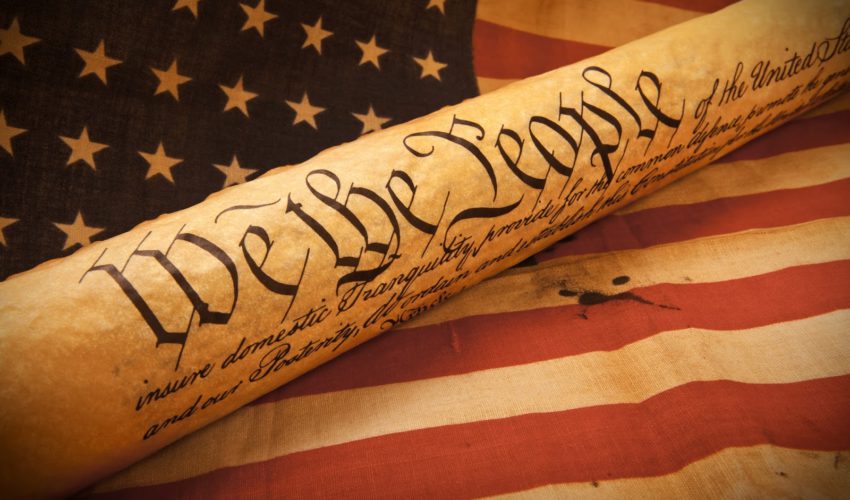SALT LAKE CITY, UTAH – Attorney General Sean D. Reyes joined an amicus brief to the United States Supreme Court in Chiaverini v Napoleon over a Fourth Amendment question. The brief, which was led by the State of Iowa, argues that the length-of-detention rule supersedes a charge-specific rule when determining Fourth Amendment violations by the government.
Jason Chiaverini, a jewelry store owner, purchased items illegally obtained from a previous owner. He was arrested and charged with retaining stolen property, violating his licensing arrangement, and laundering money. The case was dismissed on a technicality apart from the merits, which led to Chiaverni countering with a lawsuit claiming that his arrest was unconstitutional and that there was no probable cause to support the counts that preceded his arrest. Both the district and appeals courts found that the arrest was, in fact, constitutional and that Chiaverni had no lawful basis for his challenge, clearing the way for this attempt at the U.S. Supreme Court.
In their brief, the coalition of attorneys general argues that “the Sixth Circuit did not err in denying petitioner’s Fourth Amendment claim for malicious prosecution, [and that] this Court should not adopt petitioner’s overly broad approach.”
The States write, “The length-of-detention rule should prevail over Petitioner’s proposed charge-specific rule. The charge-specific rule only requires that plaintiffs prove that a charge lacked probable cause to find malicious prosecution. From there, courts must presume that the invalid charge caused an unreasonable search or seizure. But an invalid charge alone is not a Fourth Amendment violation. Therefore, the charge-specific rule removes the burden of proving an unreasonable search or seizure from the plaintiff.”
Joining Utah and Iowa on the brief were the States of Alabama, Arkansas, Florida, Georgia, Kansas, Idaho, Indiana, Kentucky, Louisiana, Montana, Nebraska, Ohio, Oklahoma, South Carolina, South Dakota, Tennessee, and Texas.

